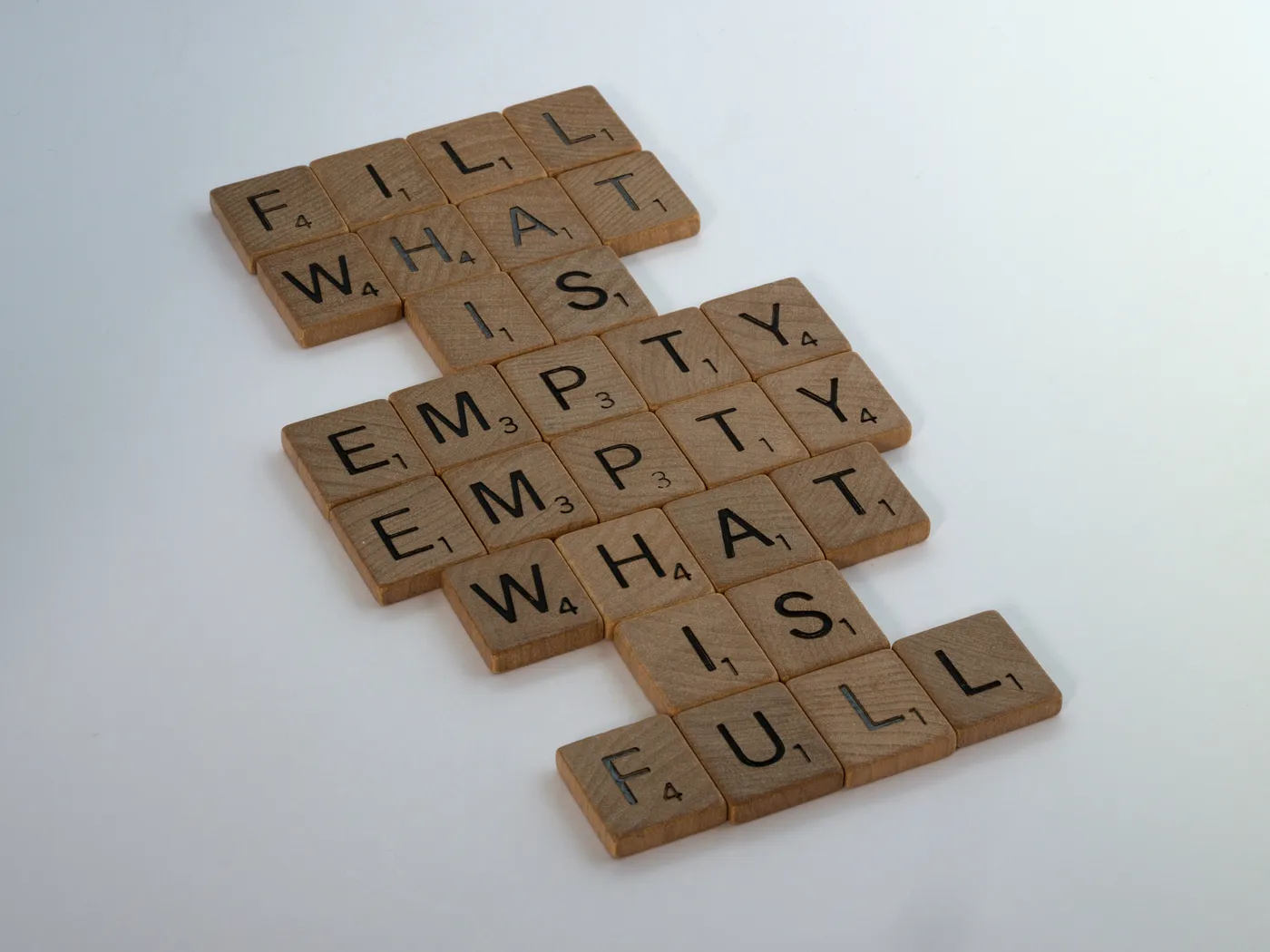Vocabulary Series: Learning New Vocabulary from Context

What does it really mean to know a word? Think about people: you might know someone’s name — does this mean you know them? You might recognize their face and know what they do for a living — does this mean you know them? Just like people, most words are flexible and can perform many different functions — and they can be interpreted differently depending on the context in which they appear. Look around for a few challenging words, and ask yourself these questions:
1, Do you know what it means when you see it?
2, Can you explain its meaning in your own words?
3, Could you come up with a sentence using the word correctly?
4, How many different contexts can this word apply to? (How does its meaning change?)
5, Can you remember the word when you need to use it?
If you can only answer yes to 1 and 2, you might be fine if you are listening to a conversation or watching movies, but this will not help you when you are writing tests, actively participating in a conversation, or writing under a time constraint. It is important to examine your level of knowledge and ability to use all your vocabulary effectively — if you are unable to think of particular words when you need them, it might be a good idea to actively seek out examples of their use or to try and compose sentences with them.
In this series, we will introduce different strategies to help you fully master the learning of English vocabulary. Today, we are going to look at how to learn new vocabulary from context.

